On 16th January 2020, European Tech Alliance (EUTA) launched an open letter asking policymakers not to take a one-size-fits-all approach regarding new-technologies. On 18th February 2020, EUTA also published their ‘High Level Principles on Artificial Intelligence’.
EUTA is a group which represents some of Europe’s largest technology companies, champions and scaleups, to the EU Commission. One of their purposes is to share their members’ collective experience of scaling tech companies across Europe.
‘’Europe leads on regulation, but regulation is not a means to all ends.’’
EUTA, Open letter
EUTA calls European leaders to rather take into account all various types of illegal and harmful content online as it raises different issues and require different answers. Concerned that overly restrictive regulation could affect the European market, the High Level Principles on AI proposed by UETA aim to:
- First, provide insights on the key challenges and opportunities facing EUTA members with AI capabilities;
- Second, lay down principles that should guide the EU’s on-going assessment of a potential AI regulatory framework.
“We urge the EU institutions to conduct a thorough assessment of the existing legislation before introducing any new proposals specifically targeting AI-driven technologies and applications.’’
High Level Principles on Artificial Intelligence, EUTA
EUTA takes the view that AI is increasingly vital to respond to EUTA members’ customer demand for high-quality, personalised goods and services. It wishes the creation of a “level playing field” so that third countries’ technology rivals cannot gain an advantage over EU competitors by flouting local laws.
In order to prevent the European market from being hampered by this regulatory ‘race’, their approach is based on nine high level principles:
- Promote European leadership and competitiveness by avoiding over-regulation of low-risk AI applications
- Ensure regulatory consistency on AI to avoid hampering R&D and innovation
- Advocate for human-centric AI development
- Set EU rules to encourage self- regulation to mitigate negative bias
- Build up Pan-European Data Commons to tackle AI research siloes and overcome restrictions on access to public datasets
- Ensure that AI regulations are future-proof with regulatory sandboxes to avoid preempting AI innovation
- Create more synergies between public and private research in AI
- Attract the best talents in Europe
- Promote EU capacity-building and independence in the supply of components and computing systems, data infrastructure & web platforms
These principles emphasize EUTA members’ practical market preferences such as a self-regulation, regulatory-sandboxes, more transparency tools, but also partnerships between public and private sectors in order to foster innovation.
MEB.



